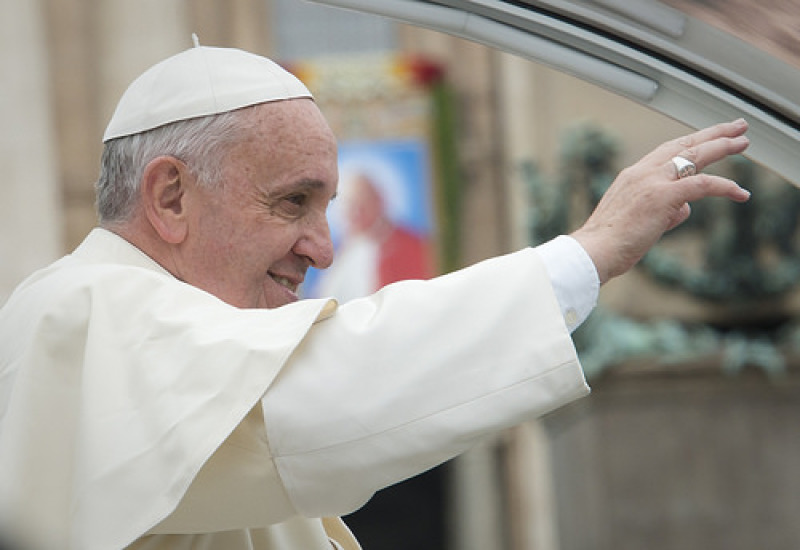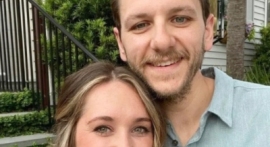
As Pope Francis addressed the European Parliament in Strasbourg for the first time, the leader of the Church said that Europe has aged and lost its vibrancy, according to Reuters.
In his speech, the Pope noted that the European Union has become more focused on bureaucratic details rather than the welfare of its citizens.
"In many quarters, we encounter a general impression of weariness and aging, of a Europe which is now a "grandmother,' no longer fertile and vibrant," he said in his speech via The Tablet.
"As a result, the great ideas which once inspired Europe seem to have lost their attraction, only to be replaced by the bureaucratic technicalities of its institutions," the Pope added.
As the European Union continues to grow, those in positions of power begin to distance themselves from the citizenry, Pope Francis pointed out. Through new reforms and polices, the Union has created a rift between citizens and non-Europeans, the New York Times reported.
"In recent years, as the European Union has expanded, there has been growing mistrust on the part of citizens, toward institutions considered to be aloof, engaged in laying down rules perceived as insensitive to individual peoples, if not downright harmful," he said.
Although he did not mention any names, he implied that there are members of the Parliament who wish to enact laws designed to drive away immigrants from their respective countries. He stressed that the rights of immigrants must be acknowledged as a way to address certain social issues.
"There needs to be a united response to the question of migration," he said. "The absence of mutual support within the European Union runs the risk of encouraging particularistic solutions to the problem, solutions which fail to take into account the human dignity of immigrants, and thus contribute to slave labor and continuing social tension."
Before ending his speech, Pope Francis reminded the European Parliament that the development of Europe does not revolve around its economic standing. Instead, members of the organization should focus on promoting programs aimed at improving the lives of people.
"Time has come to work together in building a Europe which revolves not around the economy, but around the sacredness of the human person, around inalienable values," Pope Francis said.
"The time has come for us to abandon the idea of a Europe which is fearful and self-absorbed, in order to revive and encourage a Europe of leadership, a repository of science, art, music, human values and faith as well," he added.

















